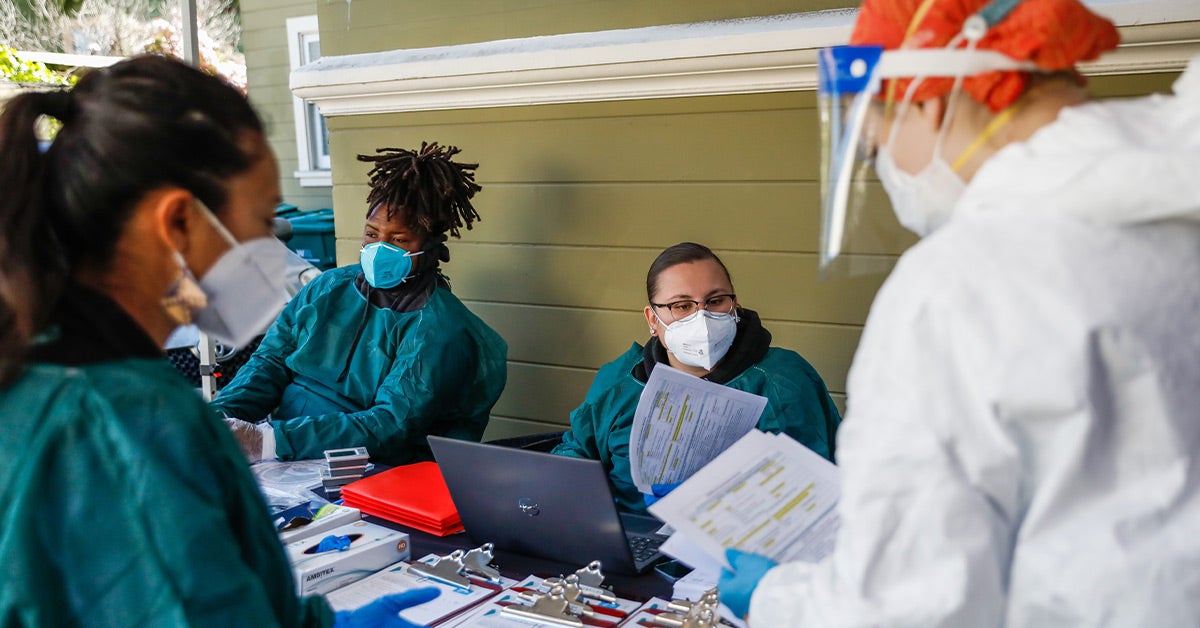Introduction
Coronavirus disease 2019 (COVID-19) is an infectious disease caused by severe acute respiratory syndrome coronavirus 2 (SARS-CoV-2). It is a highly contagious disease which is transmitted through air droplets or physical contact with contaminated surfaces. The infected patient might manifest symptoms of the disease such as high fever, continuous cough, a loss or change to sense of smell or taste.
The national COVID-19 immunisation programme was officially launched on 26th February 2021 in Malaysia. The first phase of immunisation involving frontline workforce has been launched successfully. However, there are questions at large from the public regarding COVID-19 vaccination. In this article, we will explore how long it takes to build immunity after the covid 19 vaccine is administered.
Function of COVID-19 Vaccine
The function of the vaccine is to invoke an immune response that protects us specifically from COVID-19 coronavirus without experiencing further complications from it. Various COVID-19 vaccines approved for the market were tested and proven to be safe and effective in preventing infection.
The vaccines currently in use in Malaysia consist of either mRNA or inactivated virus. mRNA works by stimulating our body to produce a protein similar to that found on viruses. The protein and inactivated virus work by stimulating our immune system to produce antibodies that targets the viral protein found on viral particles. It will produce an immune response that mimics a patient infected by COVID-19. Hence, when we encounter the real virus in future, the body will recognize and destroy it immediately with relatively mild symptoms. Thus, vaccines are a safe way to protect us against future infections and potentially reduce the spread of COVID-19 to the public.
How Long will it Take to Build Immunity After Getting the COVID-19 Vaccine?
Most COVID-19 vaccines will be given in two doses in order to develop full protection against coronavirus. Our immune system typically takes 14 days to develop antibodies, which means it is possible to be infected by COVID-19 before and after the first dose of vaccination. The vaccine recipient is considered fully protected 14 days after the second dose of vaccine. However, it is still unknown how long the effect of the vaccine lasts and the requirement for a booster dose, which are topics of ongoing research.
Preventive Measures for COVID-19
The public is required to take all prevention steps until fully vaccinated. Below are the preventive measures to minimise risk of infection:
- Wear a mask in public.
- Maintain social distancing of 6 feet apart from others.
- Cover your mouth with your hand or tissue whenever you are sneezing or coughing.
- Wash your hand with soap and water or alcohol of at least 60% before and after touching surfaces.
What Can you do if you’ve Been Fully Vaccinated
According to the Centers for Disease Control and Prevention (CDC), once a person has been fully vaccinated, restrictions for visitations in a private setting without wearing a mask can be relaxed provided every participant is fully vaccinated. You may also be allowed to travel domestically or internationally without a pre- or post-travel test and quarantine.
What you Cannot do Even if you’ve Been Fully Vaccinated
One is not advisable to visit indoor spaces without a mask with someone who has an increased risk of developing severe illness from COVID-19 or to attend any medium or large size gatherings.
Conclusion
COVID-19 is an ongoing pandemic caused by coronavirus. Vaccination is one of the most effective ways to stop the spread of COVID-19. One is considered fully protected 14 days after the complete dose of vaccination. Once a person is fully vaccinated, it is generally encouraged to continue taking all the precautions in public places. Protection from COVID-19 is crucial as it may cause serious side effects and death in vulnerable segments of society

